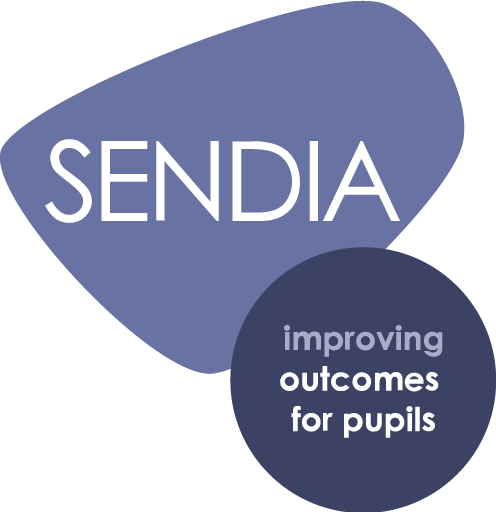There has often been a lot of confusion as to what the term ‘inclusion’ encompasses - here are my thoughts.

‘The term 'inclusive education' has become so used and abused that it has little meaning.’ ~ Corbett, 2001
In the modern world of the SENCO, as seen most recently in a number of blog posts stimulating the debate, this confusion still prevails. To me, the word seems to have lost its meaning entirely. The term is banded about, yet there seems to be little core belief in what it actually means in specific contexts and as part of the wider educational agenda. Being included isn’t a ‘choice’; it's a human right. A young disabled person shouldn’t have to ask to be ‘included’ in their local community or school – they should be welcomed.
For me it is quite simple: local children should go to their local school, regardless of their specific starting point, disability or SEN.
Inadequate provision shouldn’t be an excuse.
In 2012, I considered if the ‘inclusive SENCO’ was still a possibility (Morewood, G. D., 2012). In this piece I looked at the dilemma of being an inclusive SENCo, but also debated the ethical responsibility we have to the young people of our communities. This isn’t something that is just ‘done’ but is a process that is constantly evolving and developing – though it may (possibly) be an idealistic vision, this doesn’t hamper my ongoing efforts.
‘Inclusion, then, is an ethical project of responsibility to ourselves and others, which is driven by an insatiable desire for more’ ~ Allan, 1999
I was delighted to welcome Tara Flood, Joe Whittaker and Chloe Bowles from ALLFIE to visit my school. We heard some amazing stories from young people currently with us and those who have left about what they are doing, and their experiences of being part of an inclusive school community. Their stories were amazing; they vividly described how their positive experiences at school allowed them to challenge barriers and discrimination in everyday life.
This visit is summarised in an article we wrote after the visit – the powerful words of an inclusive community never cease to inspire. Whilst I am not so naive to think that every local school is able to include all their local children at this point in time, I do passionately believe that this is where we need to be aiming.
Too many schools actively exclude local children – this practice needs to be challenged. Discriminatory attitudes should have no place within our education system or society as a whole. This is an initial foundation post in a series of four, to be posted during January.
Future posts will consider the views of young people, parents/carers and the wider school community, in addition to considering the impact on other measures of success (often used as excuses for being noninclusive).
 Accrediting inclusion
Accrediting inclusionThe SEND Inclusion Award provides a framework for recognising outstanding SEND provision in schools, and identifying areas that have high or little impact on your pupils' outcomes.
To find out more, visit the AwardPlace website.
Allan, J. (1999) 'Actively Seeking Inclusion'. London: Falmer Press.
Corbett, J., (2001) 'Supporting Inclusive Education, a connective pedagogy'. London: Routledge Falmer.
Morewood, G. D. (2012) 'Is the ‘Inclusive SENCo’ still a possibility? A personal perspective'. Support for Learning, Vol. 27 No.2, p73-76, Wiley-Blackwell Publishing.
UNESCO (1994) 'The Salamanca Statement and Framework for Action on Special Needs Education', Paris: UNESCO
Making inclusion a priority: the role of the inclusion director (Optimus Education)
Case study: high quality teaching for primary pupils with SEN (Optimus Education)
Behind the buzzwords: Inclusion (Optimus Education)